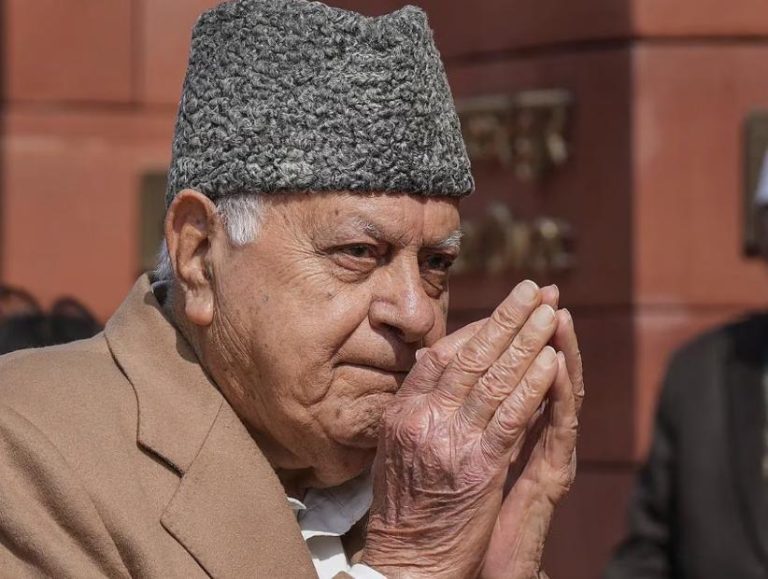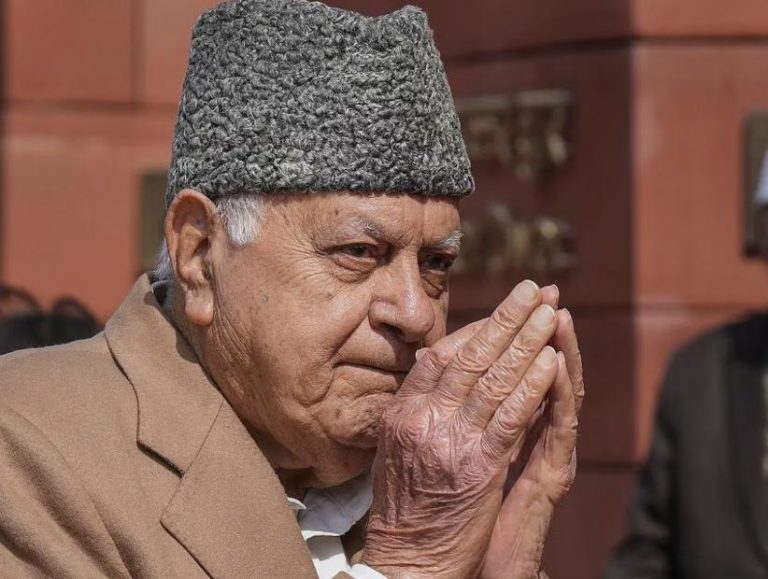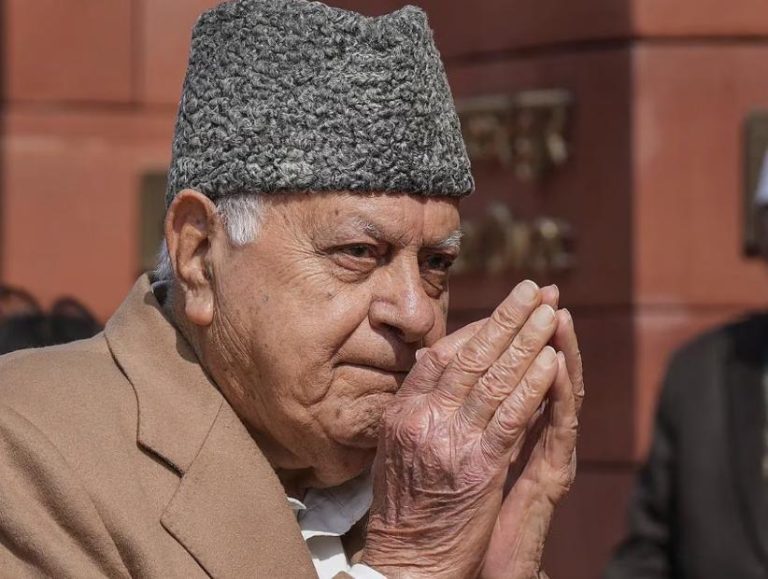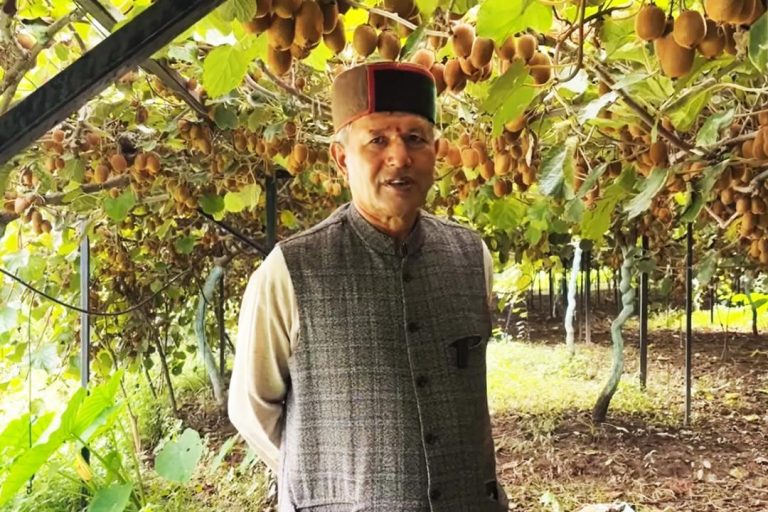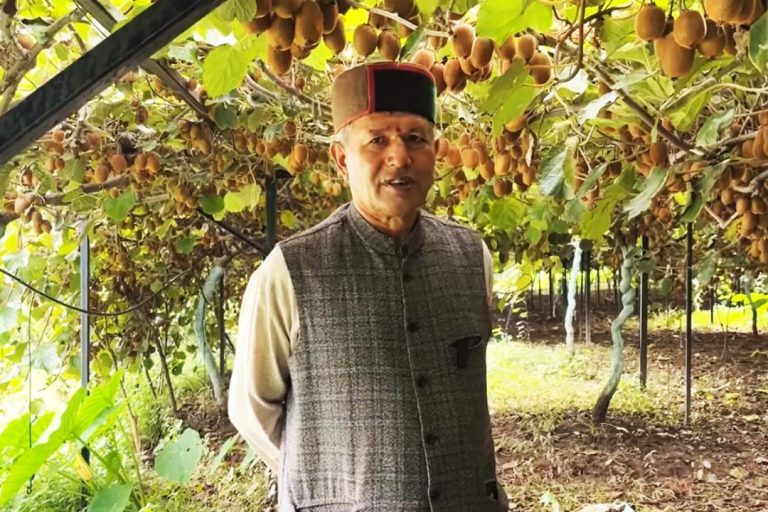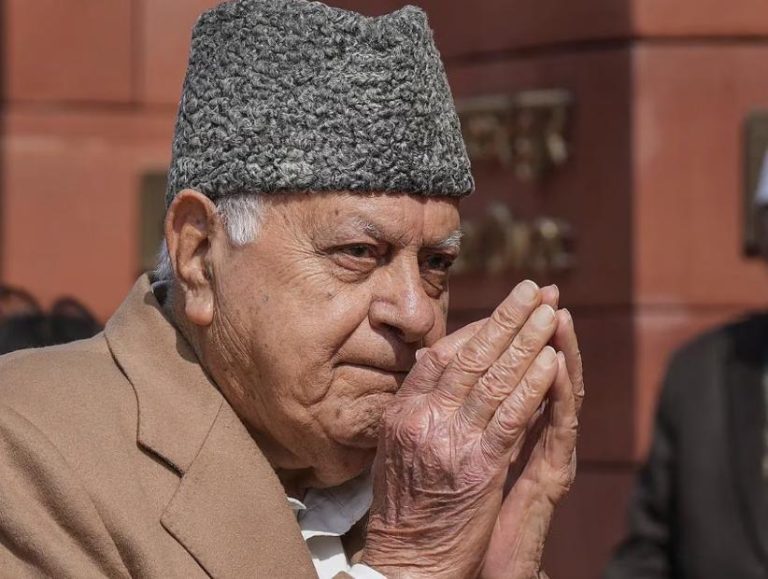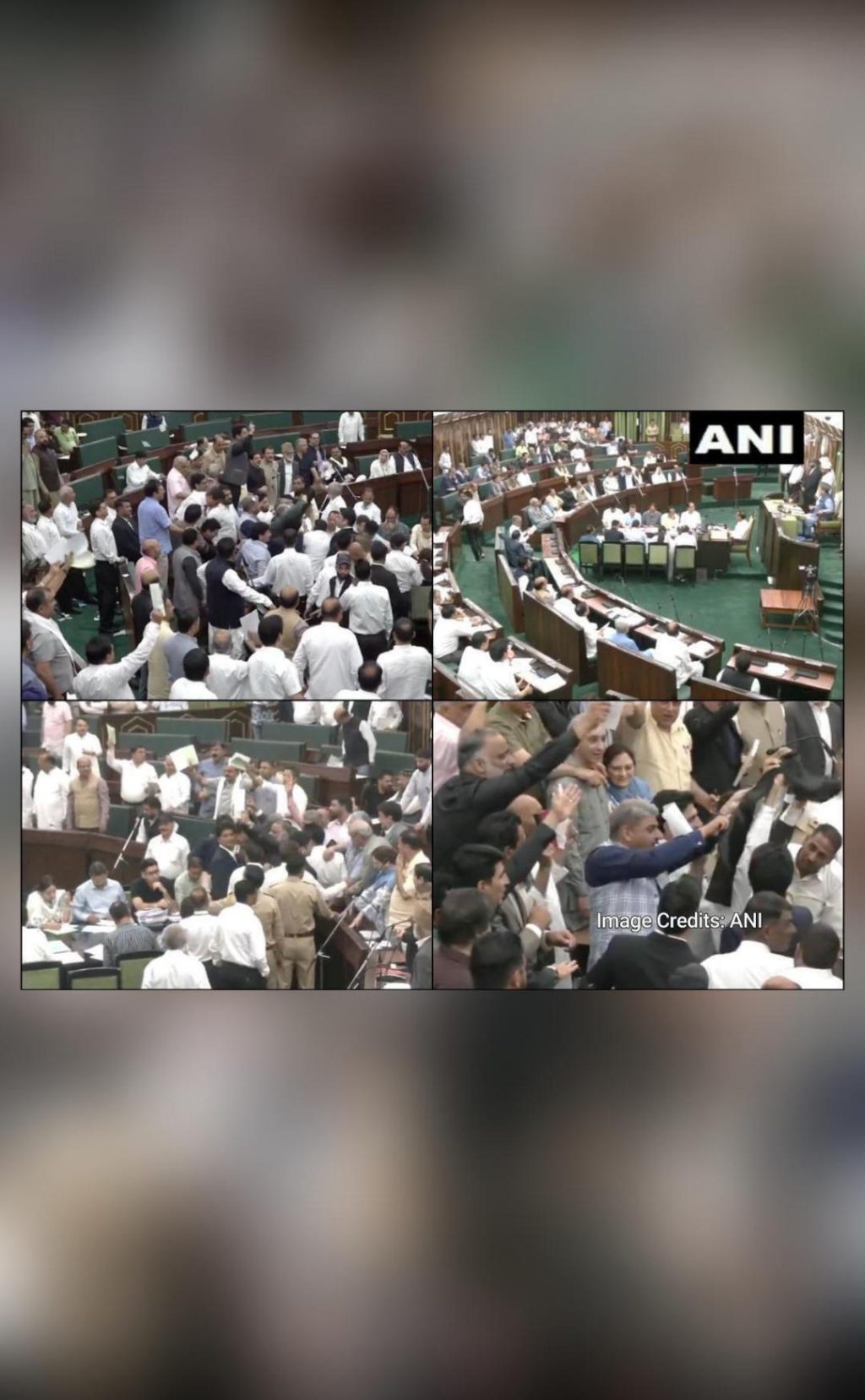
Jammu & Kashmir Assembly Adjourned Amid Uproar Over Waqf Act
The Jammu and Kashmir Assembly witnessed a tumultuous scene on Monday as the House was adjourned amidst heated protests and pandemonium over the Waqf Act. The adjournment was sparked by the Speaker Abdul Rahim Rather’s denial of an adjournment motion moved by National Conference (NC) MLAs to discuss the contentious Waqf Act.
The drama unfolded when the NC MLAs moved a motion to adjourn the Question Hour to discuss the Waqf Act, which has been a bone of contention between the government and the opposition parties. However, the Bharatiya Janata Party (BJP) MLAs, who are part of the ruling coalition, also protested and demanded that the Question Hour be held as scheduled.
As the debate escalated, the Speaker’s decision to deny the adjournment motion further fuelled the tensions, leading to a vociferous protest by the NC MLAs. The opposition parties, including the NC, the Peoples Democratic Party (PDP), and the Congress, vehemently opposed the Waqf Act, terming it as “anti-Muslim” and “anti-constitutional”.
The Waqf Act, which was passed by the previous PDP-BJP government in 2013, aims to regulate and manage the Waqf properties, including mosques, shrines, and other religious places, across the state. However, the opposition parties have been demanding its repeal, citing concerns over the legislation’s potential to encroach upon the rights of the Waqf institutions and the Muslim community.
The NC MLAs, led by their leader and former Chief Minister Omar Abdullah, accused the government of trying to implement the Waqf Act in a hurry without taking into account the concerns of the affected parties. “The government is trying to push through this act without proper consultation and debate,” Abdullah alleged, adding that the move would “divide the state on religious lines”.
The PDP MLAs, who have been critical of the Waqf Act since its inception, also joined the protest, terming it as “anti-constitutional” and “anti-Muslim”. “The Waqf Act is a conspiracy to grab the Waqf properties and marginalize the Muslim community,” said a PDP MLA.
The Congress MLAs, who have been supporting the opposition parties in their demand to repeal the Waqf Act, also participated in the protest, accusing the government of trying to “supress the voices of the people”.
The BJP MLAs, on the other hand, defended the Waqf Act, terming it as a necessary step to “streamline” the management of Waqf properties. “The Waqf Act is a step towards transparency and accountability in the management of Waqf properties,” said a BJP MLA.
The Speaker’s decision to deny the adjournment motion led to a heated exchange between the opposition parties and the government, with both sides accusing each other of trying to disrupt the House proceedings. The opposition parties, in particular, accused the government of being “dictatorial” and “arrogant” in its approach towards the Waqf Act.
As the debate raged on, the House was eventually adjourned, with the Speaker announcing that the Question Hour would be taken up later. The adjournment has put the government in a spot, with the opposition parties likely to continue their protest and demanding a fresh debate on the Waqf Act.
The development has also sparked concern among the Muslim community in the state, who are worried about the potential implications of the Waqf Act on their religious and cultural heritage. The community has been demanding greater participation in the management of Waqf properties and has been critical of the government’s attempt to “centralize” the management of these properties.
In the face of mounting opposition, the government may need to re-think its approach towards the Waqf Act and engage in a more constructive dialogue with the opposition parties and the Muslim community to address their concerns. Failure to do so could lead to further unrest and polarization in the state.
